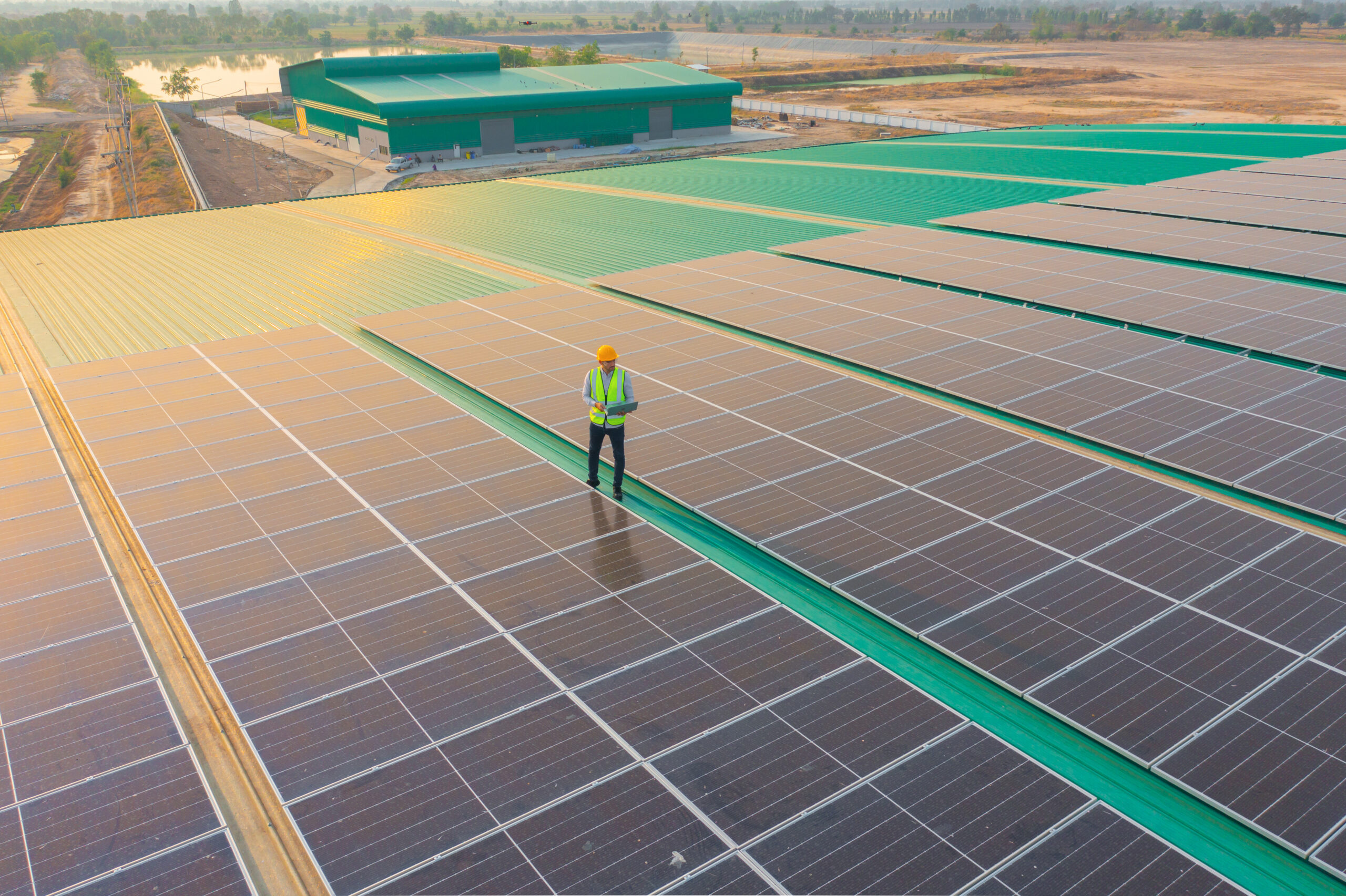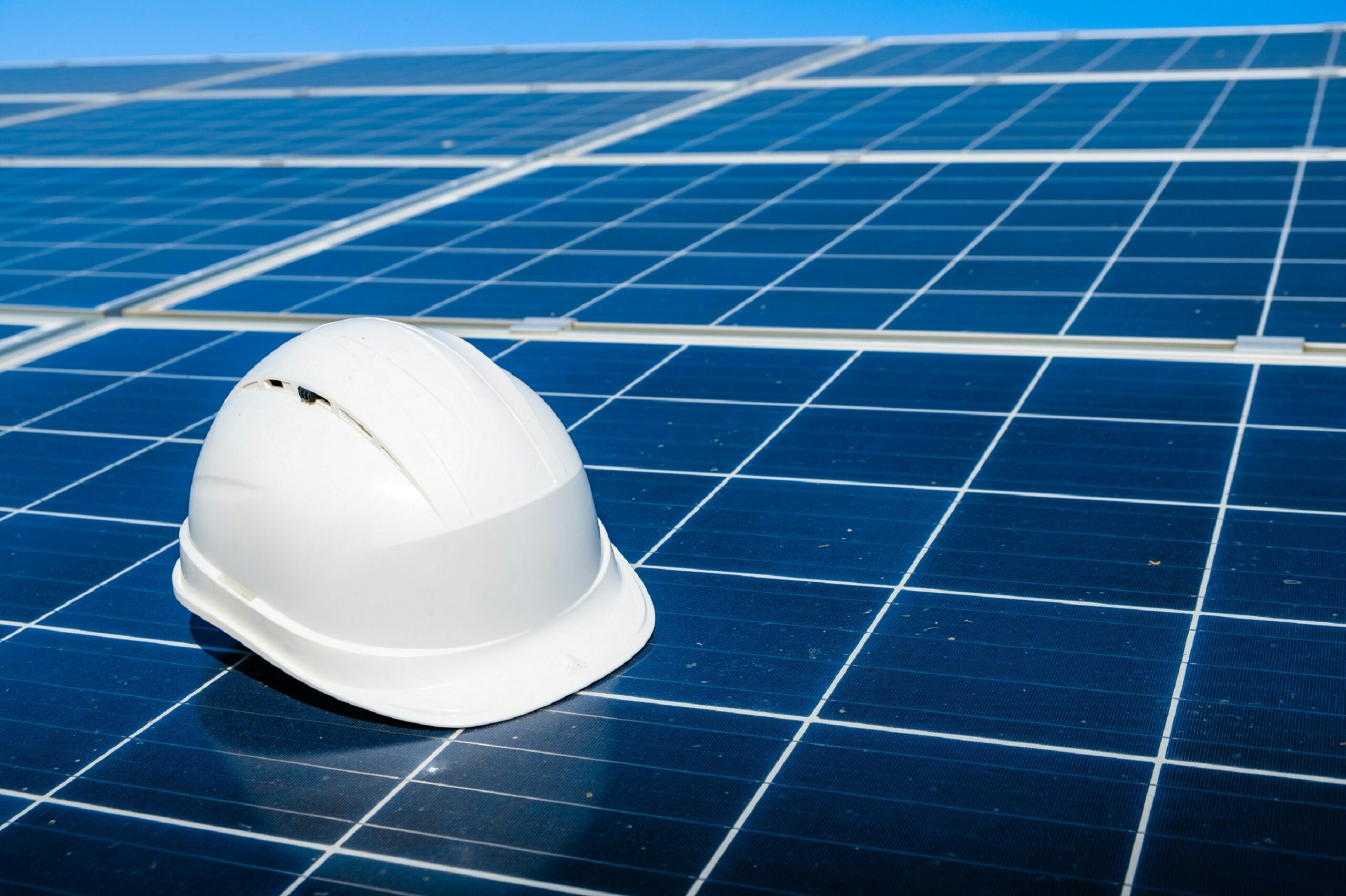Integrating renewable energy into construction projects is rapidly becoming an industry standard, not just a niche concept. As companies aim to reduce their environmental footprint and lower operational costs, renewable energy offers a sustainable solution. However, the intermittent nature of renewable energy sources like solar and wind presents a challenge. This is where Battery Energy Storage Systems (BESS) come in, providing an essential bridge between renewable energy generation and its consistent, efficient use on construction sites.
Why Renewable Energy Integration is Key
Renewable energy integration involves combining renewable energy sources—such as solar and wind—with the energy demands of construction site operations. As the construction industry evolves to meet stricter environmental regulations and growing consumer expectations for sustainability, integrating renewable energy has moved from an optional strategy to a business necessity.

The benefits of renewable energy integration for construction projects are significant:
Lower Energy Costs
By harnessing free, renewable energy from the sun or wind, construction companies can reduce their reliance on traditional energy sources like diesel generators or grid power. This translates to lower fuel costs and decreased energy expenses over time, leading to significant savings on large-scale or long-term projects.
Reduced Environmental Impact
One of the most pressing reasons to integrate renewable energy is the reduction of greenhouse gas emissions. By relying on clean energy sources, construction companies can dramatically decrease their carbon footprint, contributing to global efforts to combat climate change.
Greater Energy Independence
With renewable energy and BESS, construction sites can operate independently of the traditional power grid. This is particularly advantageous for remote or off-grid locations where grid access is limited or unreliable, ensuring that operations continue smoothly without disruptions.

How BESS Facilitates Renewable Energy Integration
The role of BESS in the renewable energy integration process cannot be overstated. BESS technology enables construction sites to store excess renewable energy, manage energy flows, and ensure a steady, reliable power supply.
Energy Storage for Consistent Power
Solar and wind energy are inherently intermittent, as they depend on weather conditions and daylight hours. Battery Energy Storage Systems capture and store surplus energy generated during periods of high renewable output, such as sunny days or windy conditions. This stored energy is then available for use when renewable generation dips, ensuring construction sites always have access to power—even at night or on cloudy, windless days. This is critical for maintaining consistent operations and preventing delays caused by energy shortages.
Grid Independence
Construction sites often face challenges with power supply, especially in remote or developing areas where grid infrastructure is unreliable or nonexistent. BESS enables sites to store renewable energy and operate independently of the grid. This reduces the need for expensive, polluting diesel generators and helps ensure uninterrupted operations, regardless of location or grid availability.
Improved Efficiency
BESS optimises the use of renewable energy by balancing supply and demand. By storing energy when it’s abundant and using it during peak demand periods, BESS maximises the efficiency of renewable resources. This not only helps construction companies reduce costs but also ensures that renewable energy is used in the most effective way possible.
A Sustainable Future for Construction
The integration of renewable energy, supported by BESS technology, is essential for construction companies looking to reduce their environmental impact, improve efficiency, and lower costs. As renewable energy becomes more accessible and BESS technology continues to evolve, the potential for green construction practices will only grow. Construction sites of all sizes can now take advantage of these systems to optimise their energy use, reduce reliance on fossil fuels, and contribute to a more sustainable future.
Battery Energy Storage Systems are at the heart of this transformation. By allowing for the seamless storage and use of renewable energy, BESS ensures that construction projects run smoothly while staying environmentally sustainable. As the construction industry continues to prioritise sustainability, integrating renewable energy with BESS is becoming a key strategy for success.



